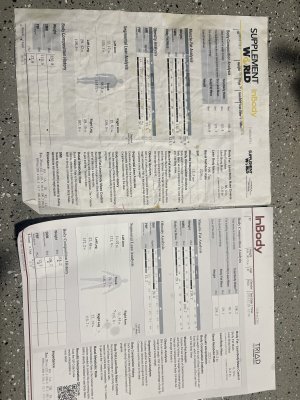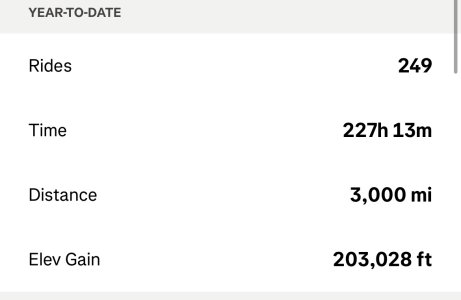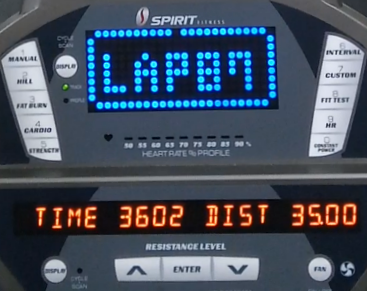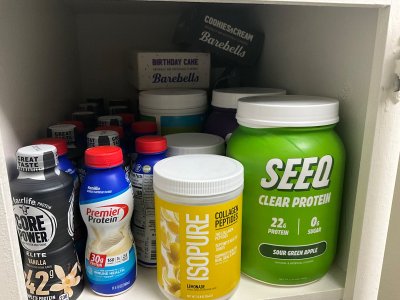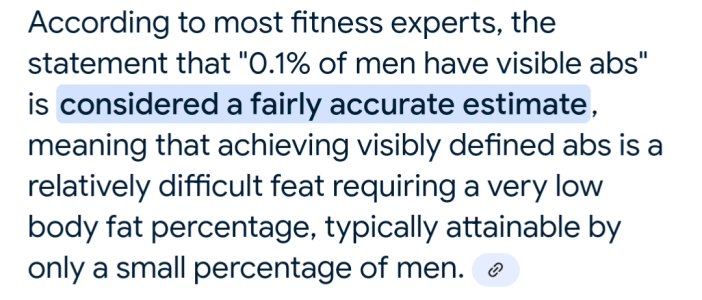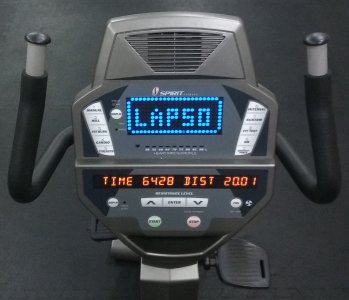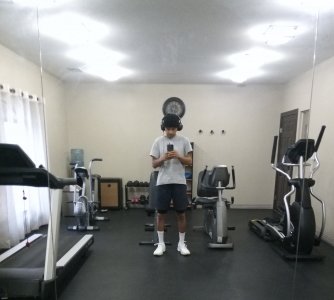Macronutrient considerations for the sport of bodybuilding.
Lambert CP, Frank LL, Evans WJ.
Source
Nutrition, Metabolism, and Exercise Laboratory, Donald W. Reynolds Center on Aging, Department of Geriatrics, University of Arkansas for Medical Sciences, Little Rock, Arkansas 72205, USA.
[email protected]
Abstract
Participants in the
sport of bodybuilding are judged by appearance rather than performance. In this respect, increased muscle size and definition are critical elements of success. The purpose of this review is to evaluate the literature and provide recommendations regarding macronutrient intake during both 'off-season' and 'pre-contest' phases. Body builders attempt to increase muscle mass during the off-season (no competitive events), which may be the great majority of the year. During the off-season, it is advantageous for the bodybuilder to be in positive energy balance so that extra energy is available for muscle anabolism. Additionally, during the off-season, adequate protein must be available to provide amino acids for protein synthesis. For 6-12 weeks prior to competition, body builders attempt to retain muscle mass and reduce body fat to very low levels. During the pre-contest phase, the bodybuilder should be in negative energy balance so that body fat can be oxidised. Furthermore, during the pre-contest phase, protein intake must be adequate to maintain muscle mass. There is evidence that a relatively high protein intake (approximately 30% of energy intake) will reduce lean mass loss relative to a lower protein intake (approximately 15% of energy intake) during energy restriction. The higher protein intake will also provide a relatively large thermic effect that may aid in reducing body fat. In both the off-season and pre-contest phases, adequate dietary carbohydrate should be ingested (55-60% of total energy intake) so that training intensity can be maintained. Excess dietary saturated fat can exacerbate coronary artery disease; however, low-fat diets result in a reduction in circulating testosterone. Thus, we suggest dietary fats comprise 15-20% of the body builders' off-season and pre-contest diets. Consumption of protein/amino acids and carbohydrate immediately before and after training sessions may augment protein synthesis, muscle glycogen resynthesis and reduce protein degradation. The optimal rate of carbohydrate ingested immediately after a training session should be 1.2 g/kg/hour at 30-minute intervals for 4 hours and the carbohydrate should be of high glycaemic index. In summary, the composition of diets for body builders should be 55-60% carbohydrate, 25-30% protein and 15-20% of fat, for both the off-season and pre-contest phases. During the off-season the diet should be slightly hyperenergetic (approximately 15% increase in energy intake) and during the pre-contest phase the diet should be hypoenergetic (approximately 15% decrease in energy intake).
PMID:
15107010
[PubMed - indexed for MEDLINE]
Publication Types, MeSH Terms, Substances












